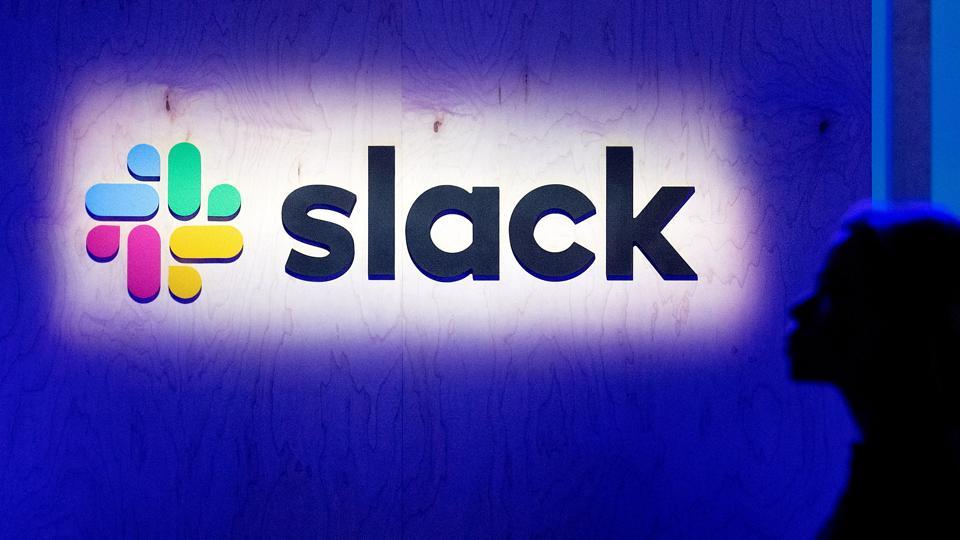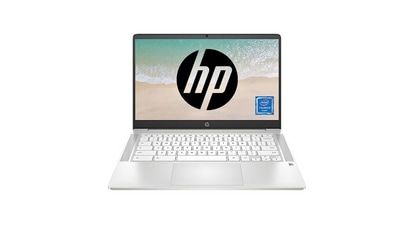Slack tasks Morgan Stanley with key market maker adviser role
As the adviser to the designated market maker for Slack, Morgan Stanley will determine the price and share count to begin selling the stock. The decisions will be made after simultaneous supply and demand auctions on the morning the stock is listed.


Morgan Stanley will get the high-profile job of advising market maker Citadel Securities LLC as it helps Slack Technologies Inc. go public through a direct listing, according to a regulatory filing.
Morgan Stanley is also one of the three general advisers -- not underwriters -- listed in the workplace-messaging company's filing Friday for a direct listing of its shares rather than an initial public offering. The other two advisers are Goldman Sachs Group Inc. and Allen & Co.
The San Francisco-based company will list its shares on the New York Stock Exchange under the symbol SK.
Morgan Stanley's role in the listing comes as one of its even bigger clients is heading to the public markets. Based on the roster of banks winning the coveted lead left advisory role, Morgan Stanley is the No. 3 adviser on U.S. technology IPOs this year by market share, according to data compiled by Bloomberg.
That's set to change in the next few weeks as Uber Technologies Inc. firms up plans for its trading debut. Uber is seeking to raise $9 billion in a listing that could value the ride-hailing company at as much as $84 billion, according to a filing Friday. Morgan Stanley is leading that IPO, alongside Goldman Sachs and Bank of America Corp.
Simultaneous Auctions
As the adviser to the designated market maker for Slack, Morgan Stanley will determine the price and share count to begin selling the stock. The decisions will be made after simultaneous supply and demand auctions on the morning the stock is listed.
The shares are expected to begin trading in May, according to people familiar with the matter.
Most companies go public to raise cash. But in the past few years, private capital has been easy to come by for technology startups. Airbnb Inc. is among other tech unicorns that have considered a direct listing, said people familiar with the matter.
In a traditional IPO, the opening share price and number of shares sold are determined by the banks that underwrite the stock and collect orders from buyers in the days leading up to the listing of the shares.
Spotify's Listing
Last year, Morgan Stanley led music-streaming company Spotify Technology SA through its direct listing. As with Slack, the bank advised Citadel on the price of the company's first trade after gathering indicative prices at which investors wanted to buy and sell shares.
For Morgan Stanley, advising the designated market maker is a coveted role because investors typically prefer to trade through the bank connected to the buyers and sellers.
In a direct listing, a company transfers its shares to an exchange and lets them trade publicly without an underwriter -- and without typical underwriter fees. A direct listing allows companies that don't need to raise capital to create an opportunity for their employees and early investors to sell their holdings. Because shares are merely exchanged without the company raising money by issuing new stock, investors' holdings aren't diluted.
Cashing Out
Direct listings also make it easier for existing shareholders to cash out immediately, avoiding a typical lockup period designed to protect new investors by making insiders wait to unload shares.
"It's certainly a friendlier situation for the employees," said Barrett Daniels, a Deloitte partner who advises companies on going public. Investors who buy into direct listing stocks tend to do so because they believe in the long-term value of the company as opposed to the potential to make money flipping the stock for a higher price.
"In theory, it's possible that many traditional IPO investors are just in it for the price pop," Daniels said.
Direct listings, in the eyes of fans including Daniels, are a purer form of trading because banks don't create IPO orders or artificial purchases to boost the stock's price or popularity. The price at which shares change hands is the true market price as determined by separate supply- and demand-side auctions.
Smaller Investors
Slack chose a direct listing, in part, because the process doesn't allow the underwriting banks to favor larger investors over smaller ones, said people familiar with the matter. Representatives for Morgan Stanley and Slack declined to comment.
In a traditional IPO, the underwriting banks can dole out shares to their best clients, keeping smaller investors out of the process. In a direct listing, anyone can trade at the price established through the adviser to the market maker.
Listing without underwriters doesn't come without risks. As much as direct listings can avert volatility created by traders flipping the stock, they can encounter greater uncertainty because the process doesn't employ a bank to act as a stabilization agent, to prop up the stock if it plunges.
The lack of underwriters also means a lack of coverage by research analysts. In a traditional IPO, banks pay large teams of analysts to produce content about the company they're underwriting. With no research being generated by underwriters, a company must be well known enough on its own to attract research independent of the underwriting banks. Company management isn't involved in the pricing and can't influence it.
Catch all the Latest Tech News, Mobile News, Laptop News, Gaming news, Wearables News , How To News, also keep up with us on Whatsapp channel,Twitter, Facebook, Google News, and Instagram. For our latest videos, subscribe to our YouTube channel.


























